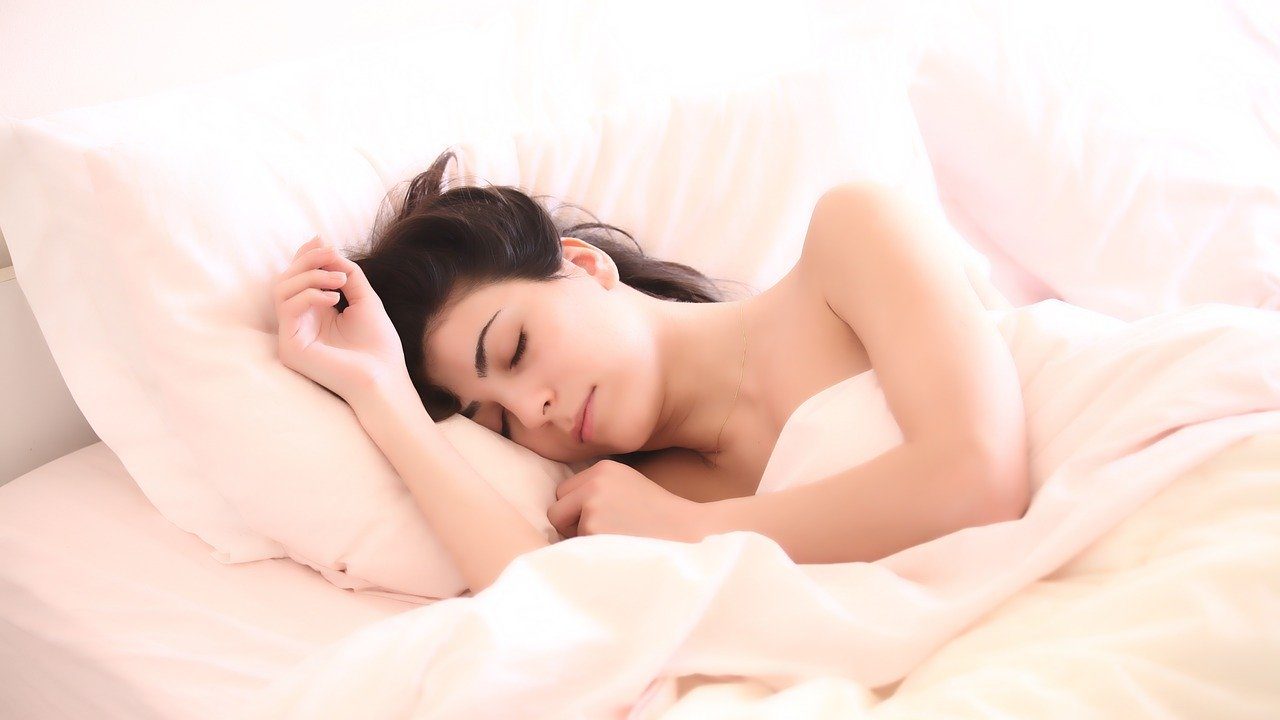Health
Sleep Strong
Get the best sleep money can buy using this expertly curated list of the world’s most effective sleep aids, proven in clinical settings to work.
James Wilson, is a sleep behavior, environment and product expert – www.thesleepgeek.co.uk
Best Bed: UnikBed
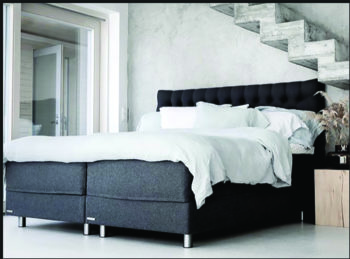
When working with athletes I often find many of them are sleeping on mattresses and pillows that are just not right for their sleep posture, their temperature needs and their injury profile. The UnikBed sleep system addresses all of these concerns and ensures the athlete in question has a sleep environment that is just right for them. At UnikBed they body map you and then their team of physios design a mattress that suits you, (and your partner) perfectly, even going as far as to design a unique spring if necessary. This coupled with their adjustable Astro pillow and SteadyBody bedding ensures your sleep environment is just right in terms of posture and temperature, to fully aid your recovery.
Best Bedding: Bamboo Bedding from All Bamboo
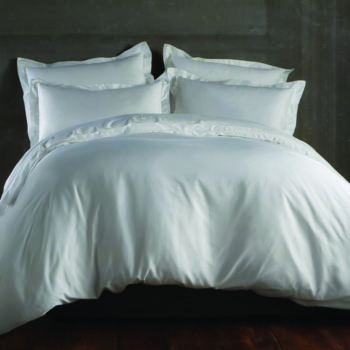
Sleeping hot can be a problem for those who compete and getting the right bedding (and duvet) can help our body manage its body temperature better. I find Bamboo Bedding helps hot sleepers, and it absorbs and wicks away moisture really well, and, unlike cotton, it doesn’t lint and is great for those who have sensitive skin.
Best Duvet: alpaca
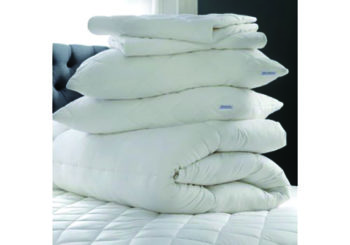
My preference, when it comes to teaming a duvet with the bamboo bedding would be an alpaca duvet. Their fleece has evolved to deal with shift environmental temperatures (they live in 40 degrees Celsius in the summer and minus 40 in the winter) and they are incredibly efficient at wicking moisture out of the sleep environment, allowing your body to regulate its temperature better.
Best App: Headspace
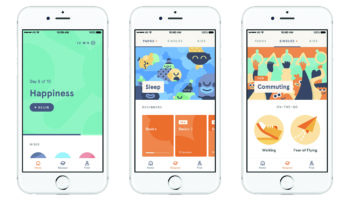
A drop in heart rate is incredibly important to us falling asleep and staying asleep. Meditation, not just before bed, but also during the day can help this. I often use Headspace, and although it claims to be a sleep app (it isn’t it is a relaxation app and relaxation is incredibly important to sleeping well, but it is only part of getting sleep right) it is a useful tool to help athletes focus their minds and allow themselves to drift.
Best Wearable: Oura Ring
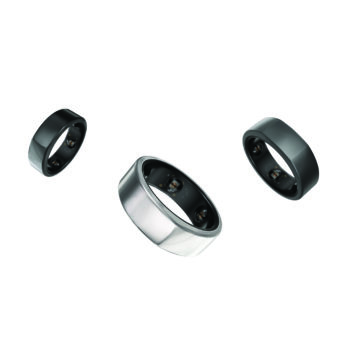
I am not a massive fan of wearables, as I think they confirm for poor sleepers what they already know, that they’re sleeping poorly and they can cause their mindset to become very negative. However, I do use them from time to time as they can be a good engagement tool and they can be useful to measure progress. If I am using one I use the Oura, because it has some evidence of its accuracy when compared to a clinical polysomnography and I like the way the people behind the company are always striving to improve the device.
Best Light Source: Philips Wake-Up Light
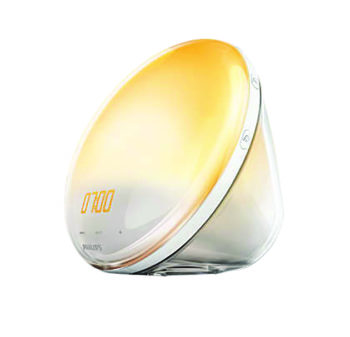
Some of the athletes I work with suffer from snooze button syndrome (the consistent pressing of the snooze button in the morning,) particularly if they have to get up for an early morning training session and I find a daylight alarm clock helps take their body out of the deepest stages of sleep and mimics the sun to ensure the body starts to wake up. I like the Philips version of a wake-up light as it looks more pleasing to the eye than some of its competitors.
Best Recovery Aid: BetterYou Magnesium Oil Recovery Spray
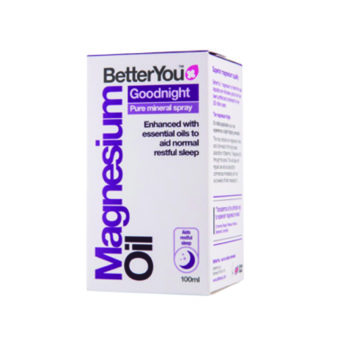
If you are training hard sometimes you can feel wired and restless before bed and a magnesium oil spray is a popular way to reduce the restlessness. Magnesium, delivered through the skin, helps relax the body on a cellular level and there is some evidence that magnesium supplements help strengthen the part of the brain that produces melatonin, the hormone that prepares our bodies for sleep.
Best Earwear: Quieton Noise-Cancelling Earplugs
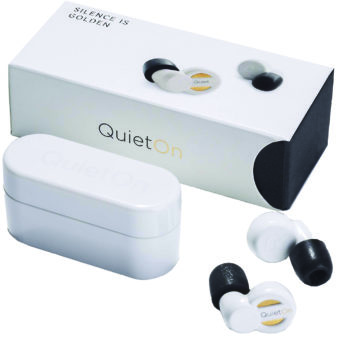
Our bodies like a consistent environment when it comes to noise, so when athletes are sleeping in noisy environments, or sharing a room with a teammate these noise-cancelling earplugs with patented technology can really help them to get better quality sleep.


